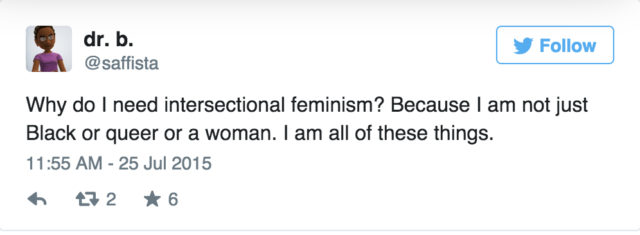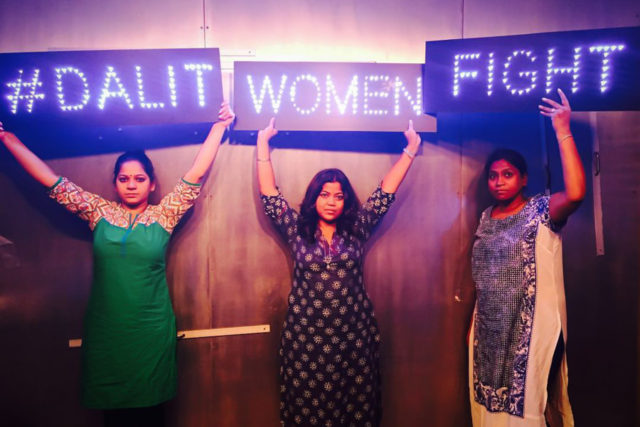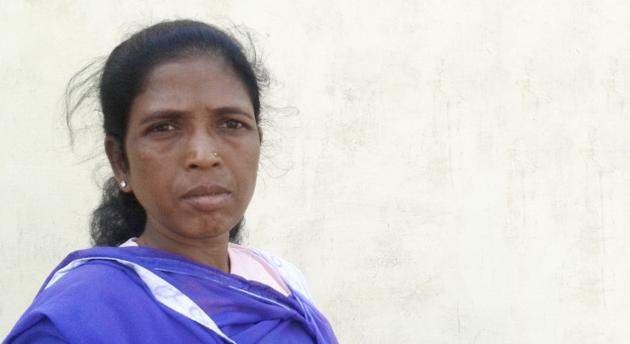There are some problems with feminist colleges. Let us all admit it.
I am a feminist. I study in a feminist college, of whose legacy I am very proud of.
I thank the college for educating me on feminism and making me a stronger, more independent person than I was before stepping into the institution. College has radically changed my life, and I think this is a mutual sentiment to many.
At college, we learned what was never taught; what no one could afford to teach.
But despite all that, I know there are some things that college never teaches you. Even though it tries to impart feministic ideals, there are some grave problems with how that is happening.
The problem
Intersectionality is practically absent in feminist colleges. A lot more than what one could ascertain.

Intersectionality means that we do not homogenize women. It means understanding that women come from different backgrounds, hence there are different systems of repression and oppression that operate on them because of myriad cultural backgrounds.
And here are the ways in which conversations on intersectionality are being denied, consciously or subconsciously:
1. Seldom any important discussion on caste politics

It seems as if feminism is being catered to an upper-caste, middle-class woman, and the rest are really left to the periphery to make sense of their problems. I find it repulsive. By ignoring heterogeneity of people (women in this case), you are not only assuming that they are homogeneous, but are also forcibly converting them into a homogeneous entity by taking one problem as a universal problem.
If caste is ever discussed, I don’t see anyone going beyond sexual politics. As if that is the only thing that bothers the subaltern woman. Only an iota of discussions goes beyond the dungeon of sexual politics.
“But what is being said/discussed holds importance to me. That is why I support it.” This is something you come across when you try to explain to newly-learned students on how toxic marginalisation of women can be to feminism.
What if all men said – “But the problems feminists discuss are not about us, and they don’t affect me. So, feminists are not appealing in their issues”?
If you call them ignorant, so what are you?
Read More: Modern Feminism Is Only For Rich People, It’s The Poor Who Actually Suffer
2. No space for Dalit feminist scholars
This is a derived point of the first one, but both are a little different from each other. What the feminist colleges or university spaces do not understand is that a person has to be provided open air to breathe and talk about issues that affect women from different sections of the caste system.
Upper-caste discourse on feminism is so huge that many Dalit scholars on feminism do not get to express their side of the story.
It is important that Dalit scholars come up with their own interpretation of feminism because they have a different culture. They might study things differently.
It is a shame that I discovered Savitribai Phule on my own and none of the classroom discussions on feminism ever brought her up.
Are we really talking about equality here? What kind of feminism is it that is supposed to provide equality between men and women and fails to recognize the hierarchical structure within women?
3. Adivasi women are practically absent

As we all know that the Adivasi society of India is far removed from the caste system. Hence they have a culture which is very unlike ours. Because of this distance in cultures, their issues are almost never brought to the forefront.
There can be occasional discussions on Dalit or lower-caste women but I have never come across an exclusive discussion on Adivasi women. We only discuss wounds inflicted by the caste system on lower castes. No one ever seems to be remotely concerned about all those tribal women who are the most vulnerable to changing times.
It seems as if for savarna women, Adivasi or Dalit women only exist whenever there are atrocities. There are no attempts to make their version of feminism come to the forefront.
Who will talk about those women? How can we be sure that discrimination against women can be shattered if discrimination among women is still prevalent? I don’t think that if universities or feminist colleges continue with this narrative, anything concrete will ever be achieved.
We assume that trickle-down will happen – if the upper stratum is provided with freedom, it will percolate to the lower strata. But trickle-down has never worked, put in any situation – be it economics or social lives. But gush-up can. And it always has.
Image Credits: Google Images
Sources: Wikipedia, The Telegraph, Wikipedia (Soni Sori)
Other Recommendations:
‘Rejecting A Guy Over A Pet Is Not Heroic’: Skewed Concepts Of Pseudo Feminism & Shaming Men
































